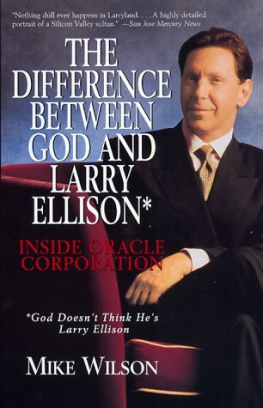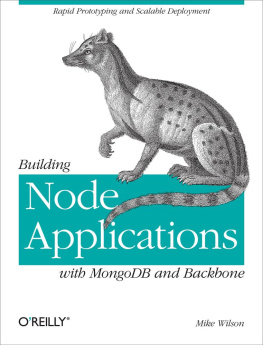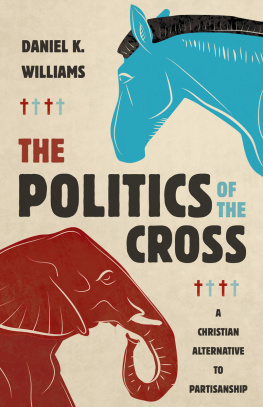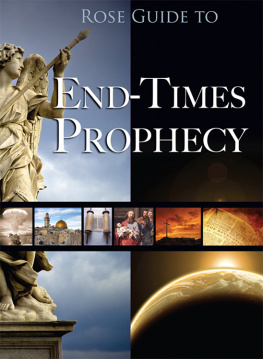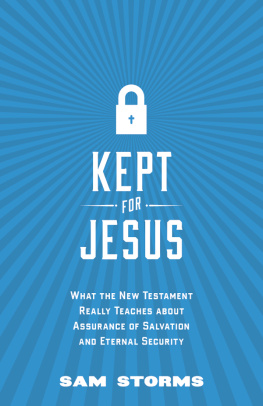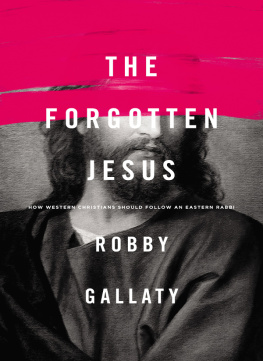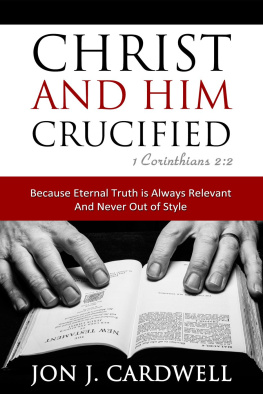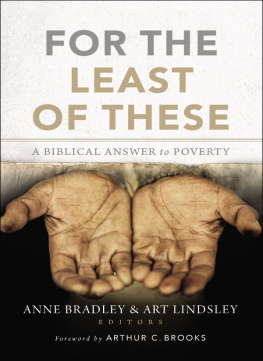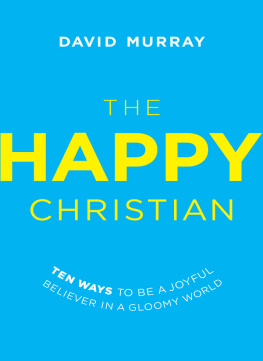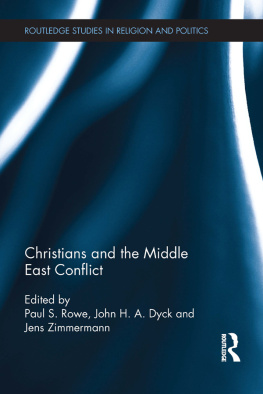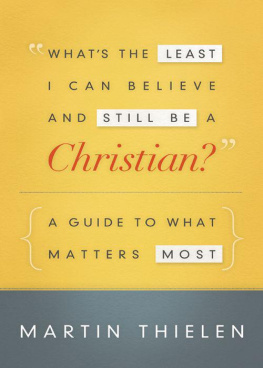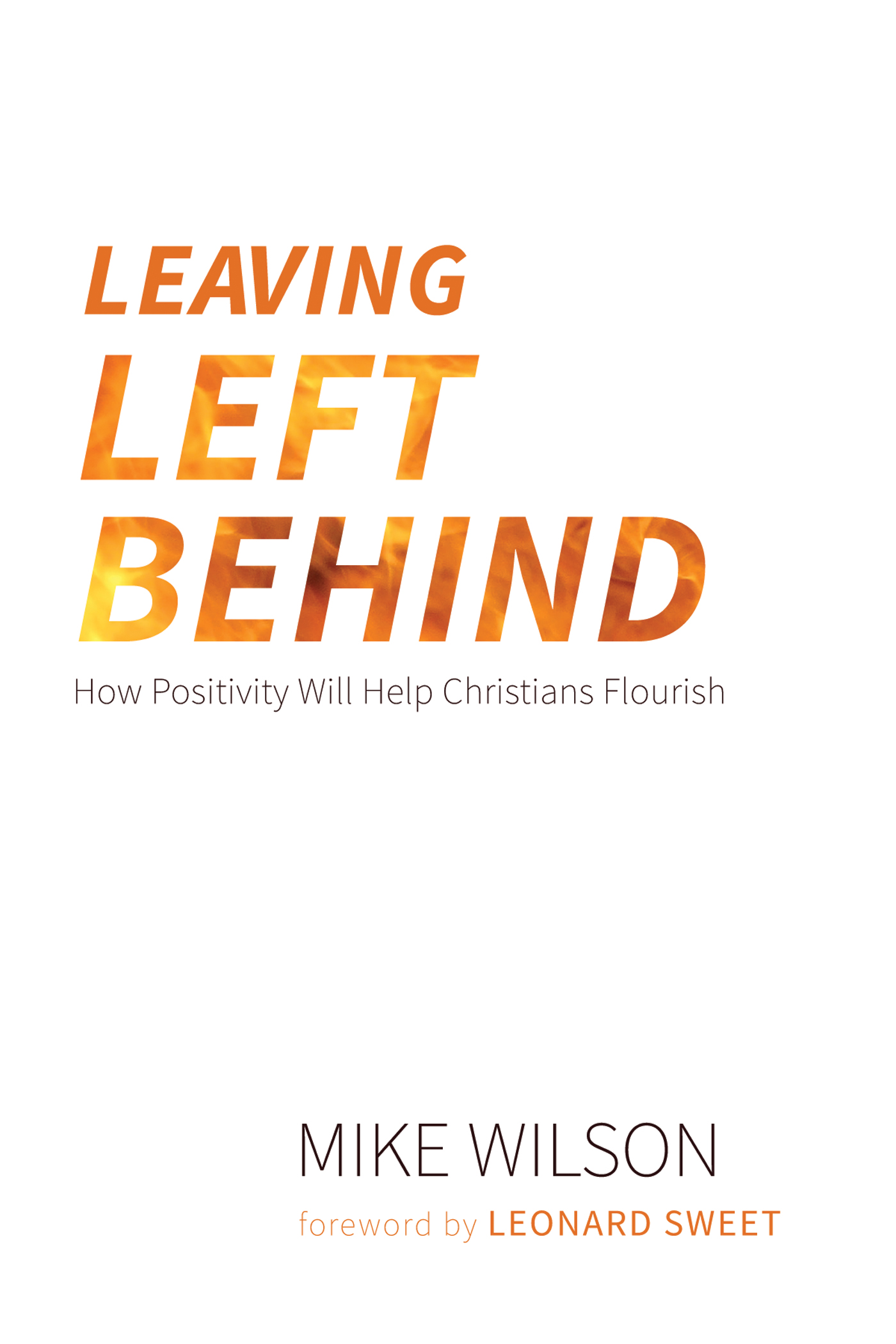Foreword
Say Yes!
O ne in every nine people on the planet goes to bed hungry each night. What is more, one in three of the worlds population suffers from some sort of malnutrition on a daily basis. But those figures only relate to physical food. There are other kinds of food as well, such as food for the mind, food for the spirit. The soul can be as malnourished as the body. If one considers the food of being appreciated, affirmed, thanked, or the malnourishment of recognition, then the majority of the worlds population goes to bed starving and debilitated every night. Especially Christians.
How many followers of Jesus diligently and selflessly serve the church, help the needy in some way every day, and lay down exhausted on their pillows at night without any cushion of thank yous or applause of recognition ringing in their ears? The worlds of business, entertainment, education, medicine, and the arts are better at acknowledging and celebrating their members than the church. What is our problem?
Mike Wilson has highlighted a root cause of our preferential option for the negative, our eagerness to denigrate more than celebrate. Many Christians read their Bible as In the Beginning was the Word, and the Word was no. The dos and donts of the Christian life have majored in the donts and minored in the dos. How many of us grew up with the mantra Dont drink, dont smoke, dont dance, dont chew, and dont go with girls who do? This dont over do focus has created a flip-flop faith within a culture of the negative.
To be sure, some of the donts are valiant attempts at negative identity formation, showing us how to be in the world but not of the world by showing us what the opposite looks like. I once heard a sermon on A Church With Piles where the preacher taught the congregation what it meant to be a Christian: Christians dont pile on the sick and wounded, dont kick when a person is down; Christians dont pile up treasures on earth; Christians dont pile in the bandwagon and follow the fads of fashion.
Even if you were spared a childhood of donts, you went to school where if a teacher asked, What do you think? you were being asked to be a critic, to be a voice of against. To be critical about critical thinking, to be against is itself to be critical. But we are instructed to study to show ourselves approved, and that divine approval does not come from quarreling about words, which only ruins those who listen, but from rightly dividing the word of truth, which has a positive not negative impact on people ( Tim : 1417 ).
Eat freely! came before Dont eat of that one tree! And there were a thousand Yes, eat of that tree to the one No, not that one. It is not without significance that God made two generations ( years) wean their grumpiness and complaining spirit out of the Hebrew gene pool. It took two generations to restore a state of confidence and courage and to get the Hebrew people to say no to negativity (Deut :). We underestimate the unimaginable significance of an incarnational imagination where to enter a deeper experience with God you dont remove yourself from the world but you enter the world, in all its complicity and complexity, and find in the midst and mess of things a jubilee of joy, the very heart of God.
Jesus is defined as Gods yes! ( Cor :). In the beginning was the Word, and the Word was yes! Every person is Gods yes to life and love. The churchs default mode is critique and fault-finding (I find no fault with this man, said Pilate). The Jesus default mode is one of hospitality and affirmation. As I teach my students, celebration precedes cerebration. You have no right to critique any author or any person until you can first celebrate that persons position or personhood as a gift, unique and special. Always celebrate before you cerebrate. You can make a good living by judging and critiquing; you make a great life by imagining the new, uplifting the neighbor, and celebrating the stranger.
There seem to be three Christian bents: pooh-pooh Christians, oom-pah-pah Christians, and umph Christians. Pooh-pooh Christians are negative, disdainful, holy hecklers of life. They look on each other with what Flannery OConnor called the ice-pick eyes of accusation. Oom-pah-pah Christians are lock-step, legalistic soldiers in the Lords army whose faith is flat and monotonous. Mike Wilson has written a book to show us how to be umph Christians, a people filled with vitality, verve, conviviality, and positivity.
Jesus is Gods yes! Wilsons Leaving Left Behind shows us how to be yes people in the best and only true sense of that word. In this doom-and-gloom world of pandemic pandemonium, this book is a boom-bloom-and-zoom godsend of hope and promise. It is a book timed for such a time as this (Esth :).


